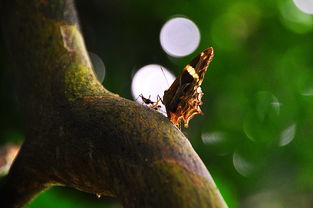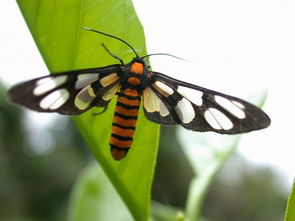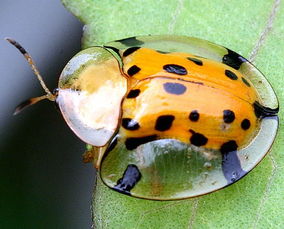
Insect and Bug Bites: A Comprehensive Guide
Have you ever found yourself scratching an itchy bump on your skin, wondering what caused it? Insect and bug bites are a common occurrence, and understanding them can help you manage and prevent future incidents. This guide will delve into the various types of insect and bug bites, their symptoms, treatment, and prevention methods.
Types of Insect and Bug Bites

Insect and bug bites can be caused by a wide range of creatures, each with its own unique characteristics. Here are some of the most common types:
| Insect/Bug | Description |
|---|---|
| Mosquitoes | Known for their itchy, red bumps, mosquitoes can also transmit diseases like malaria, dengue fever, and Zika virus. |
| Bees and Wasps | These insects can cause painful stings, and some people may have severe allergic reactions to their venom. |
| Ants | Ant bites can be painful and may cause swelling, redness, and itching. Some people may experience allergic reactions. |
| Spiders | Spider bites can range from mild to severe, with symptoms like redness, swelling, and pain. Some spider bites can be life-threatening, such as those from the black widow or brown recluse. |
| ticks | Ticks can transmit diseases like Lyme disease, Rocky Mountain spotted fever, and ehrlichiosis. They attach to the skin and feed on blood. |
Symptoms of Insect and Bug Bites

The symptoms of insect and bug bites can vary depending on the type of creature and the individual’s immune response. Common symptoms include:
-
Red, itchy bump or welt on the skin
-
Pain or swelling at the bite site
-
Redness and warmth around the bite
-
Swelling that may extend beyond the bite site
-
Watery or pus-filled blisters
-
Fever, chills, or other flu-like symptoms
Treatment of Insect and Bug Bites

Most insect and bug bites can be treated at home with simple measures. Here are some tips for managing the symptoms:
-
Clean the bite area with soap and water to prevent infection.
-
Apply a cold compress to reduce swelling and pain.
-
Use over-the-counter antihistamines or hydrocortisone cream to relieve itching and inflammation.
-
Keep the bite area clean and dry to prevent infection.
-
If you have a severe allergic reaction, seek immediate medical attention.
Prevention of Insect and Bug Bites
Preventing insect and bug bites is crucial, especially if you’re in an area where certain pests are common. Here are some tips to help you avoid these pesky creatures:
-
Wear long-sleeved shirts and pants when outdoors, especially during peak biting times (dawn and dusk).
-
Use insect repellents containing DEET, picaridin, or oil of lemon eucalyptus.
-
Stay in well-lit areas and avoid tall grass, shrubs, and wooded areas where insects may be hiding.
-
Check your clothing and body for ticks after spending time outdoors.
-
Keep your home free of pests by sealing cracks and gaps where insects can enter.
By understanding the types, symptoms, treatment, and prevention methods of insect and bug bites, you can better protect yourself and your loved ones from these pesky creatures.




